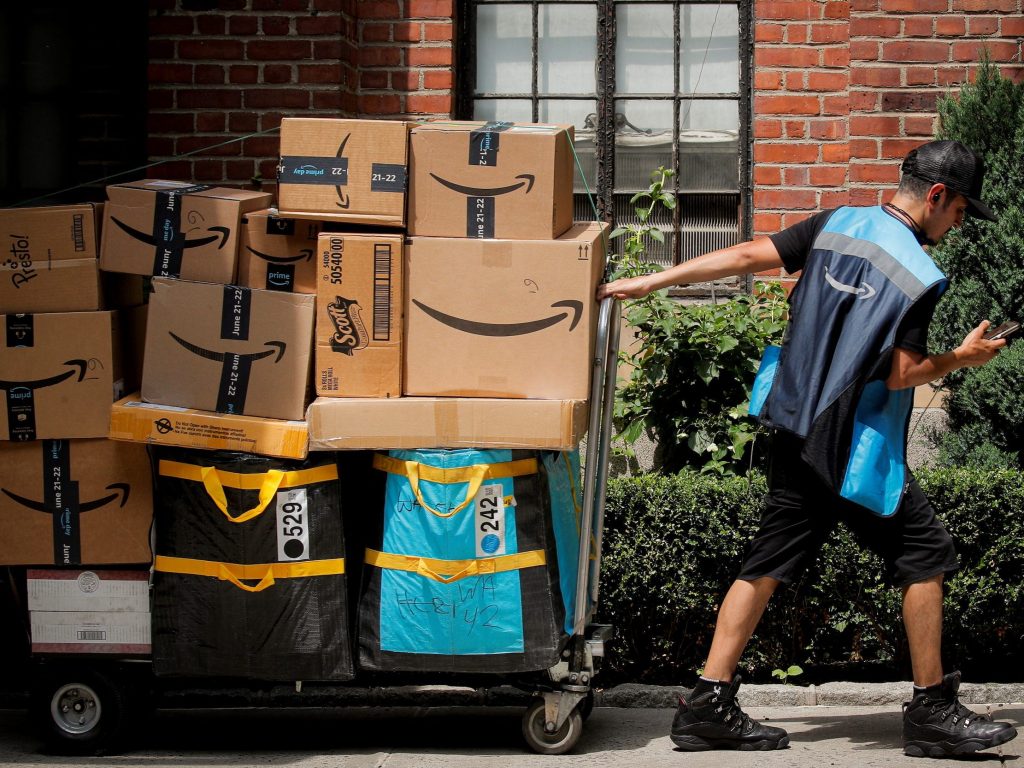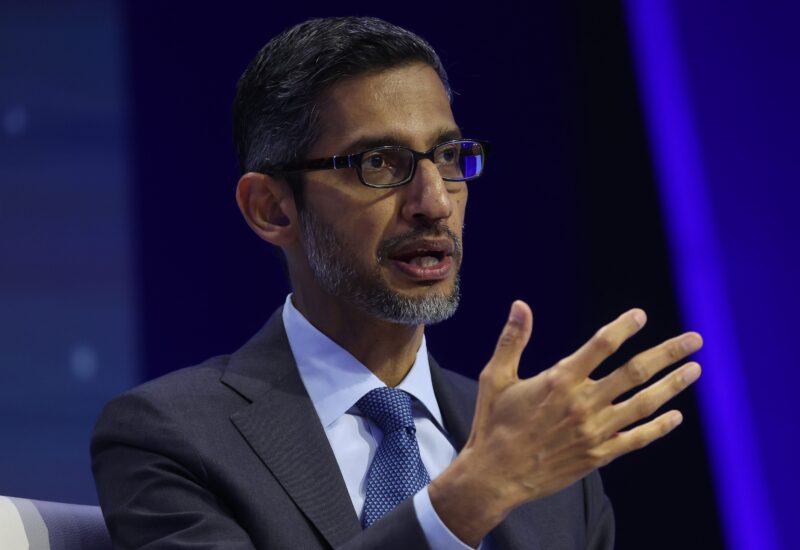- Amazon workers in 40 countries plan to protest what they describe as the tech giant's unfair pay and unsafe practices.
- The protests are part of the "Make Amazon Pay" movement which includes 80 organizations.
- Amazon, for its part, says it's working to improve in areas like climate change and employee safety.
Black Friday is traditionally one of Amazon's busiest days of the year, but the tech giant will face an additional challenge this Friday when its workers in nearly 40 countries protest unfair pay and unsafe practices.
The protests are part of the "Make Amazon Pay" movement, which includes 80 trade unions, environmental action groups, and other organizations. They are demanding fair pay for Amazon workers and the right for workers to join unions, according to Fortune. The coalition is also demanding that Amazon pay its fair share of taxes and commit to environmental sustainability.
As part of the protests, Amazon workers in France, Germany, the US, India, Ireland, and South Africa are organizing some form of protest in their respective countries, from strikes and walkouts to demonstrations outside Amazon offices.
Amazon, for its part, acknowledged the issues put forth by Make Amazon Pay, and said it was working towards improving in areas like climate change and employee health and safety.
"We are inventing and investing significantly in all these areas, playing a significant role in addressing climate change with the Climate pledge commitment to be net zero carbon by 2040, continuing to offer competitive wages and great benefits, and inventing new ways to keep our employees safe and healthy in our operations network, to name just a few," an Amazon spokesperson told Fortune in a statement.
Amazon has attempted in more recent years to shed its longstanding reputation as a grueling place to work, rolling out programs like WorkingWell to help employees "focus on their physical and mental well-being." But for Amazon workers, health and safety remains a significant area of concern, with data indicating that Amazon's brisk pace of work, for instance, increases the risk of injury for its US warehouse workers.










